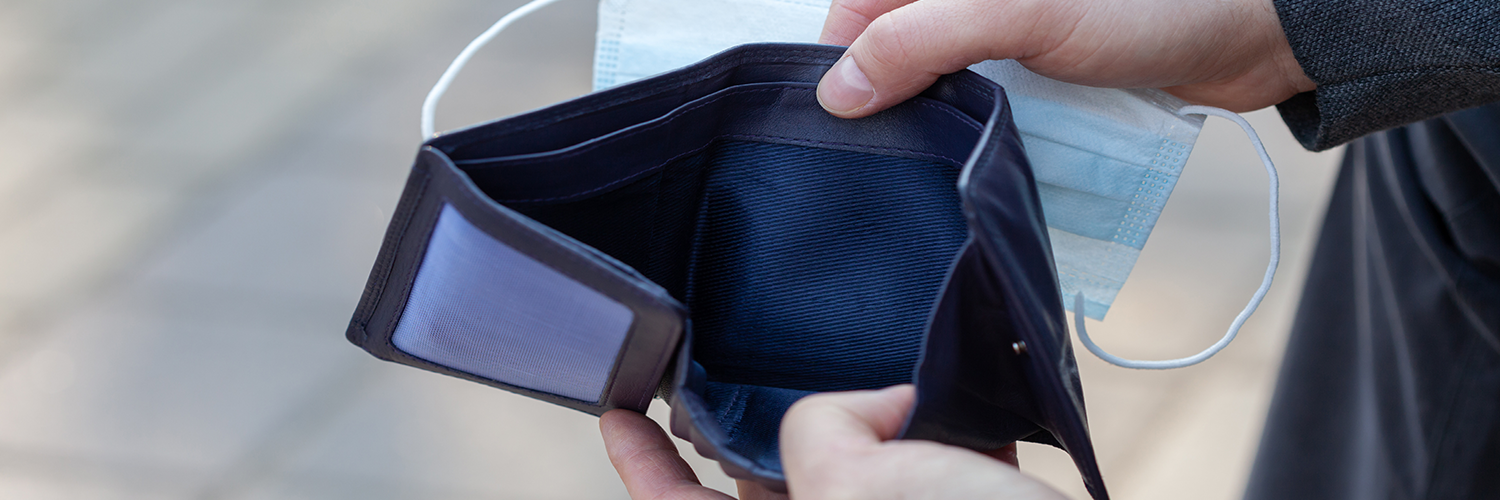Ohioans are going on a staggering six weeks since Governor Mike DeWine imposed a shelter-in-place order and shut down all non-essential businesses. Protests at Ohio’s Statehouse are picking up and include individuals from just about every background — from liberals to Trump supporters, political candidates on both sides of the aisle, business owners/employees from various industries and consumers who simply wish to have their lives return back to normal.
The economic impact from COVID19 does not discriminate when it comes to the toll it is taking on our economy; however, it is becoming increasingly clear that Ohio’s private sector is suffering some of the worst after-effects from this terrible pandemic.
Of all of the non-essential businesses that have been forced to close their doors, unfortunately it remains unknown many vital assets of our communities will never be able to dig themselves out of hardships they have succumbed to since the shutdown.
Some believe there may be hope after Gov. DeWine’s announcement last week that the Small Business Administration approved Ohio’s request to allow small businesses and nonprofits to apply for low-interest, long-term loans. The loans interest rates range from 2.75 to 3.75 percent and includes a term of up to 30 years for repayment.
With this new opportunity for businesses to borrow, the devil lies in the details, as small businesses and nonprofits will receive assistance, but at the cost of taxpayers, who are already struggling themselves.
Despite the knowledge that these businesses, in order to survive, will have to tie themselves down to loans that will haunt them for decades, Gov. DeWine continues to ignore the constructive elephant in the room.
In Ohio alone, public employee unions like OCSEA/AFSCME Local 11, SEIU 1199 and the teachers’ unions deduct an average of $60 in dues every month from over 300,000 workers, totaling over $18 million.
If Gov. DeWine were to place a three-month moratorium on public employee union dues collection, such a move would pump upwards of $61 million back into the pockets of the hard-working Ohioans who earned it and at zero cost to the people.
The Freedom Foundation sent a letter to Gov. DeWine, requesting he him consider placing such a suspension on dues collection, and the fact that he refuses to even consider this recommendation and help save our economy is a tragedy.
With the increasing pressures from heated protests on the Statehouse steps, the governor must see that the time is now to lead us out of this shutdown — and to accept the opportunities to make the right choice and temporarily give essential employees a break. If the government unions refuse to stop collecting dues for a few months, then the governor needs require them to justify why they need tens of millions during this time to spend on politics.









